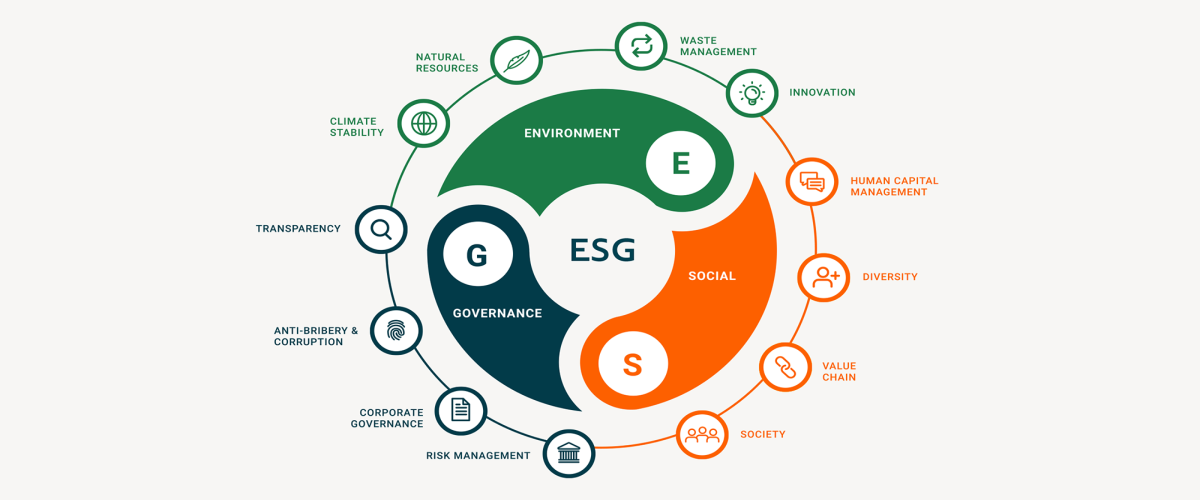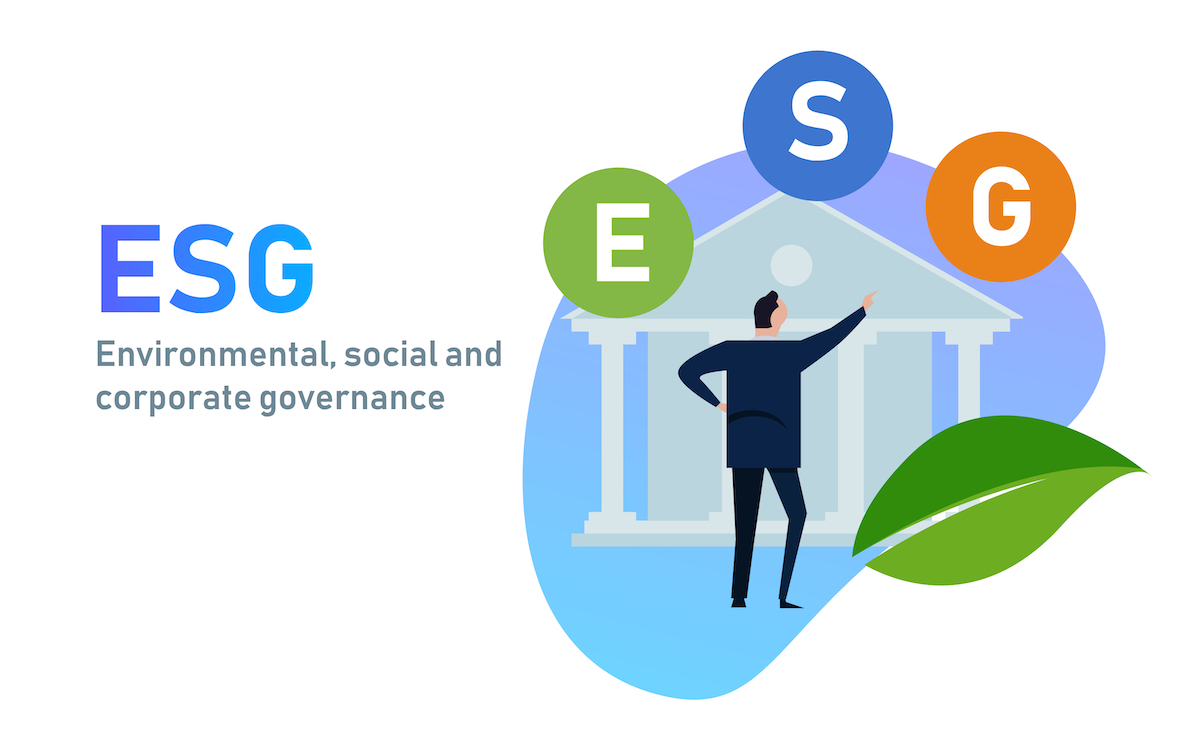ESG investment has unquestionably become one of the most popular financial and alternative data trends in recent years. ESG stands for Environmental, Social, and Governance, and it is a development of socially responsible investing (SRI), which is an investment strategy that seeks both financial and social and environmental benefits. Non-financial elements are increasingly being used by investors to identify major hazards and growth potential as part of their analytical process.

Companies are increasingly disclosing ESG data in their annual report or a standalone sustainability report, while ESG metrics are not generally part of mandated financial reporting.
Environmental, social, and governance factors are all important components of ESG investing.
Environmental
Energy consumption, waste, pollutants, natural resource conservation, and livestock treatment are all examples of environmental criteria. The criteria can also be used to evaluate any potential environmental risks that a company may face, as well as how those risks are managed.
Social
The company’s business interactions are examined through social standards. Does it deal with vendors who share its values? Does the business give a portion of its revenues to the community or encourage employees to volunteer there? Do the company’s working conditions demonstrate great regard for the health and safety of its employees? Are the interests of other stakeholders taken into consideration?
Governance
Investors may want to know that a company’s accounting systems are accurate and transparent and that stockholders can vote on crucial matters when it comes to governance.
They may also want assurances that corporations avoid conflicts of interest in board member selection, don’t utilize political contributions to achieve unfairly advantageous treatment, and don’t engage in illegal operations.
Why is ESG investing becoming more popular?
According to a report published in 2020 by the Forum for Sustainable and Responsible Investment (US SIF), sustainable investment assets increased by 42% from 2018 to 2020, reaching $17.1 trillion. ESG investment is becoming more popular for numerous reasons. Financial or moral incentives, or a combination of the two, can motivate people to invest sustainably. Some of the reasons why investors utilize environmental, social, and governance (ESG) criteria in their investment decisions are stated below:
Outperformance
ESG investing does not have to entail a loss of profit. Despite the lack of long-term data, a rising number of research show that ESG investments outperform non-ESG investments. Morningstar discovered that 41 of their 56 ESG indices outperformed their non-ESG counterparts, according to a study. ESG concerns, such as employee care and accident prevention, may have a favorable impact on a company’s financial success, according to one possible explanation.
Altruism
Shareholders want to feel positive about their investment while still making money. Apart from gaining money, owning shares of firms that value ESG principles are increasingly seen as a means to do good and have a beneficial impact on the world.
Lower Volatility
According to research conducted by FactorResearch, there is a link between ESG corporations and low beta. The beta of a stock measures how volatile it is, with a high beta suggesting high volatility and vice versa. There is no simple explanation for this, although organizations with minimal debt, high profitability, and long-term leaders are more likely to attain high ESG rankings. These factors may explain why ESG investments have a low beta because they are generally associated with low-volatility equities like large-cap dividend stocks.
How are ESG scores calculated?
ESG research firms generate scores for a variety of companies, providing a simple and useful metric for comparing different investments.
Individual companies are assigned ESG scores by research firms. To evaluate each of the individual E, S, and G components, rating firms usually use a combination of criteria.
Some of the most well-known ESG research companies include Bloomberg, S&P Dow Jones Indices, JUST Capital, MSCI, and Refinitiv. The higher a company’s score, the better it performs in meeting various ESG criteria. Firms with different metrics and weighting schemes may have different scores.
Annual reports, corporate sustainability metrics, resource/employee/financial management, board structure and compensation, and even controversial weapons screenings are all reviewed by ESG rating firms.




































